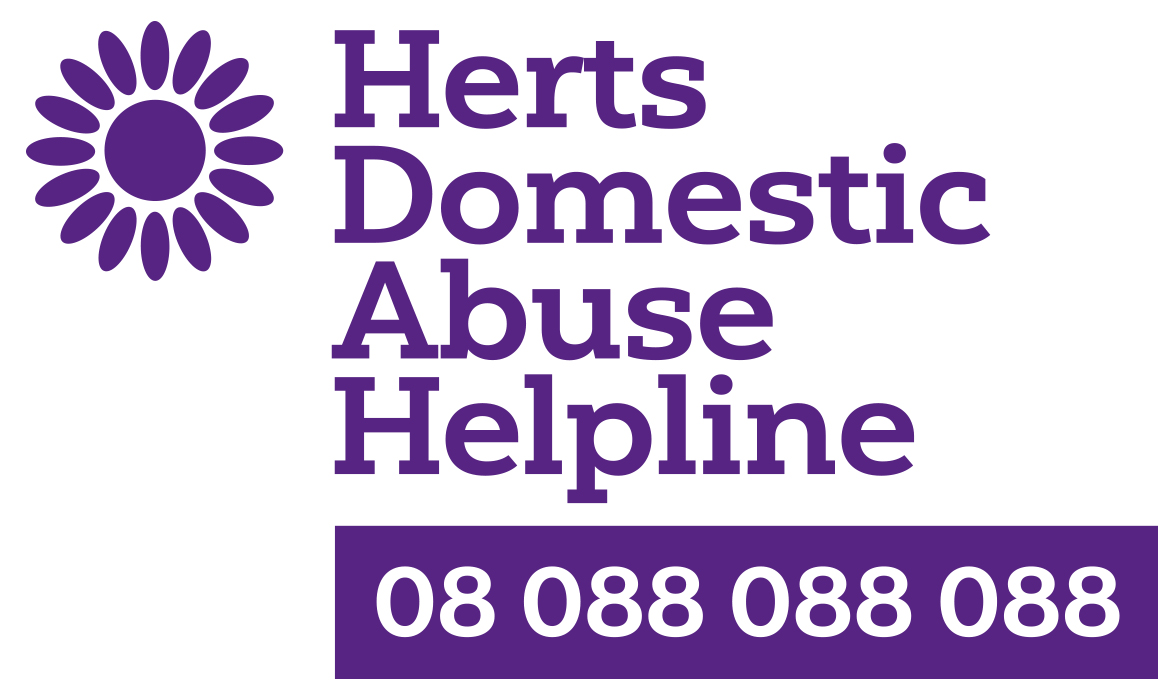No matter how much you may love or care for the person who is hurting you, there is no excuse for Elder Abuse. You have the right to live in safety, free from abuse and neglect.
Do you live with a family member or have contact with someone who regularly causes you harm or distress?
As an older person you may feel more vulnerable and isolated and find yourself reliant on family and friends to visit and help care for you. However, this can put you at an increased risk of mistreatment or exploitation.
ARE YOU EXPERIENCING ELDER ABUSE?
• Have you been physically harmed, slapped, pushed or hit leaving you with cuts, bruises or broken bones?
• Are you being intimidated, threatened, humiliated, shouted at or verbally abused?
• Have you experienced unwanted or inappropriate sexual behaviour.
LIVING INDEPENDENTLY
Elder Abuse can include exploitation and can impact your ability to make independent choices about how to manage your everyday life.
• Do you still have control of your personal finances or are you worried someone is stealing from you or withholding money?
• Have you felt coerced into signing paperwork you didn’t understand or feel comfortable doing?
• Have you felt forced into moving house, into a care home or selling off your assets.
• Have you been forced to change your Will?
• Is someone controlling your freedom? Isolating you and preventing you from seeing loved ones, friends, attending GP appointments or taking part in social activities?
• Do you no longer feel like you are allowed to speak for yourself?
HEALTH AND WELLBEING
In some cases, Elder Abuse can significantly impact your health and wellbeing. Here are some signs that you are not getting adequate care and support.
• Have you felt neglected or abandoned or left to fend for yourself for extended periods of time without adequate food, drink, heating etc?
• Are you prevented from attending GP or hospital appointments or prevented from accessing your prescribed medicines? Do you have bed sores or other untreated ailments?
• Are you losing or putting on weight because you are feeling stressed or unable to get access to your usual meals?
• Have you been left dirty, or been inappropriately dressed?
• Do you believe you are enduring unsafe or unsanitary living conditions?
• Is your home uncomfortably cold or too hot?
HOW TO GET HELP
The first step to getting help is to talk to someone about what is happening. It can be difficult to accept that perhaps someone you care about is doing this to you.
• You may feel comfortable talking to a friend, neighbour or other family member in the first instance.
• If you are dependent on the abuser for your mobility and access to other people, then GP or dentist appointments are an ideal opportunity to talk privately to someone who can help.
• Consider involving adult care services, talking to your social worker, Age Concern, Meals on Wheels Service or visiting your local women’s centre or club.
• For independent and free advice on organisations that can help you call our Helpline on 08 088 088 088 to talk confidentially to someone trained to help you find the right support for you.
• If you require emergency health care or are in fear for your immediate safety always call 999.
What happens after you report abuse
By talking to someone about your abuse you will get advice and information about your options and be able to discuss ways to resolve the situation.
Where appropriate, your adult social care team could involve local agencies to develop a suitable care plan. This will outline how you will be kept safe in future and what help, support and ongoing treatment you will be given.
Remember there is no need to feel ashamed or embarrassed. This abuse is not your fault. There is no excuse for Elder Abuse and it is important to get help to make it stop.

